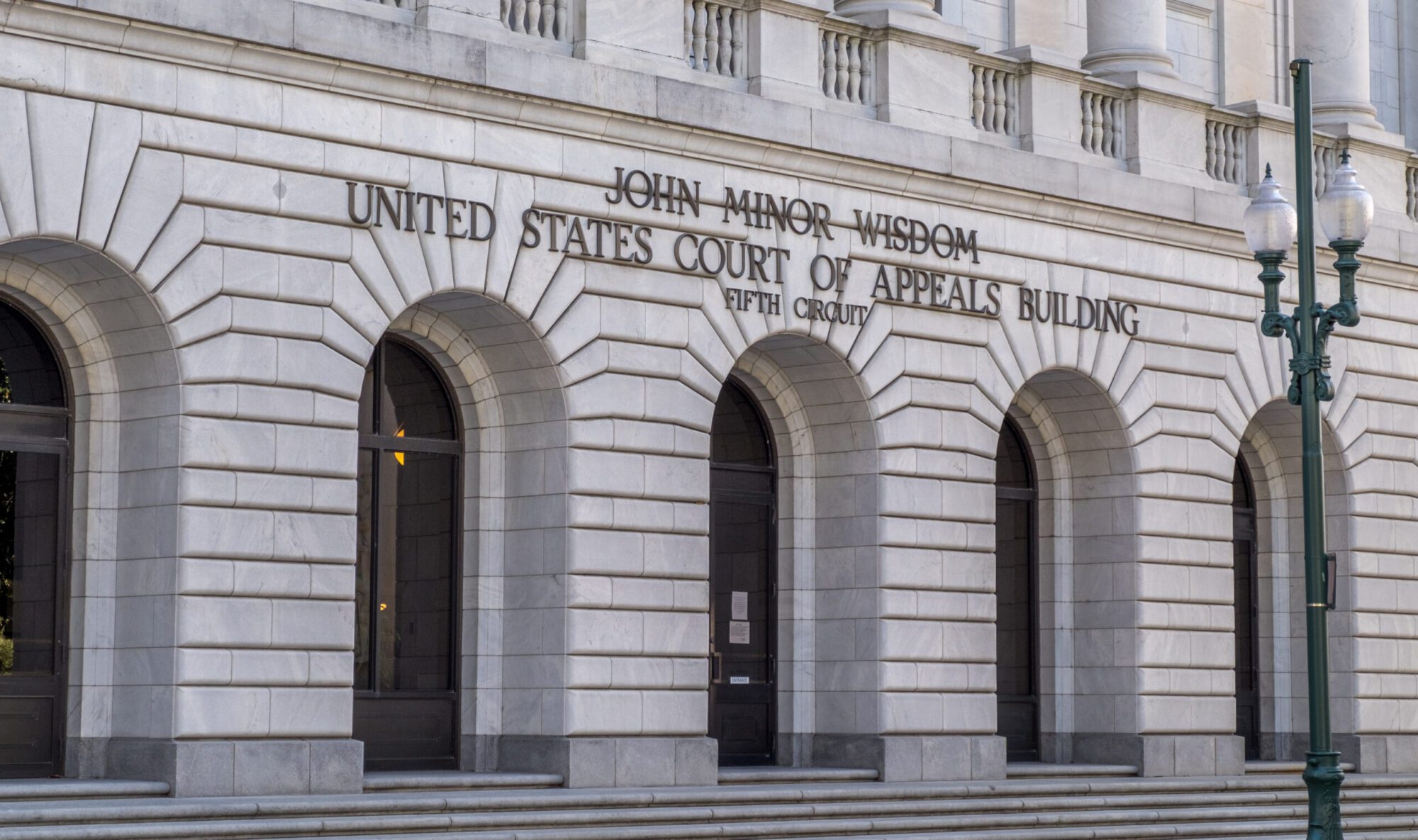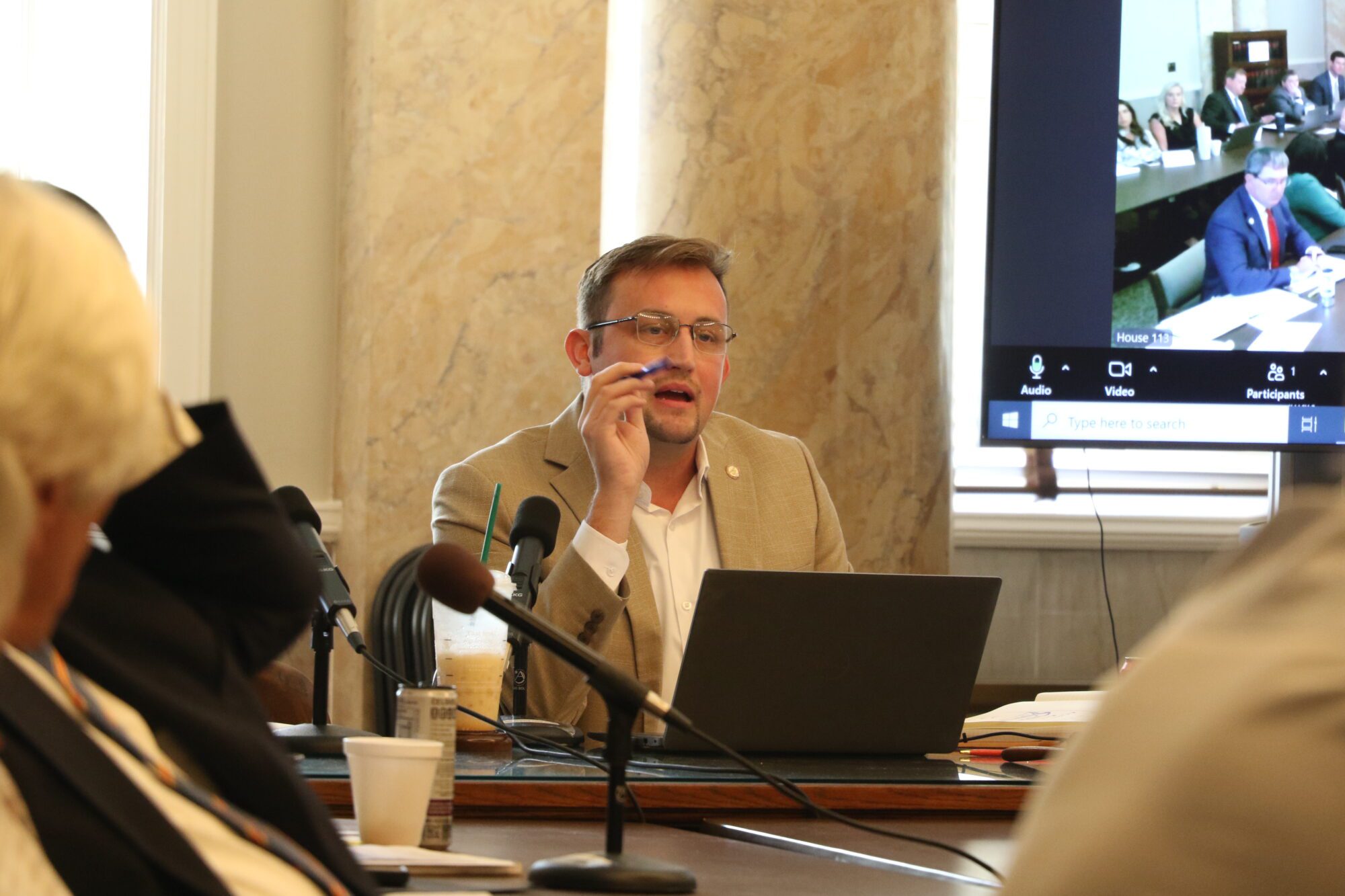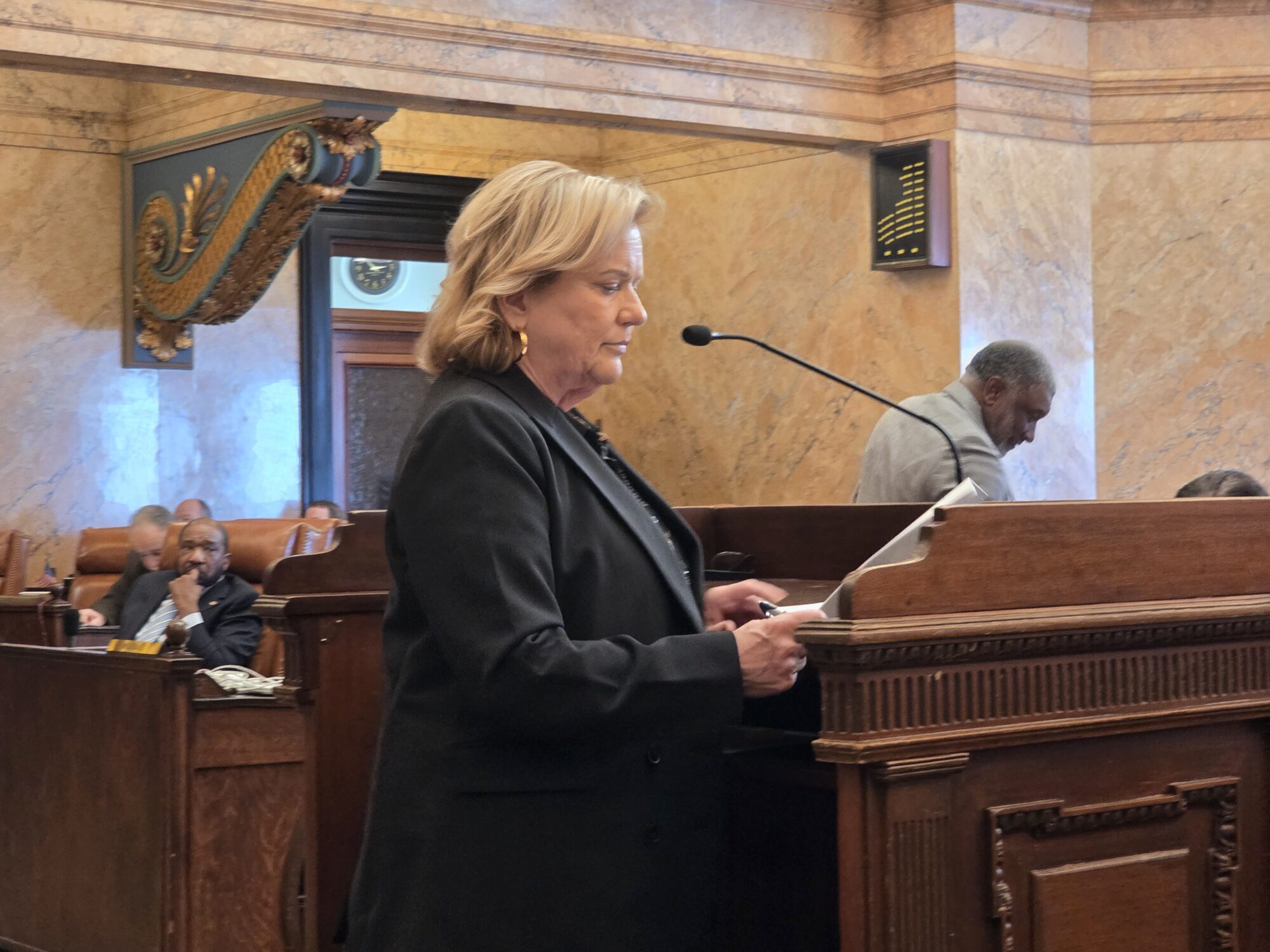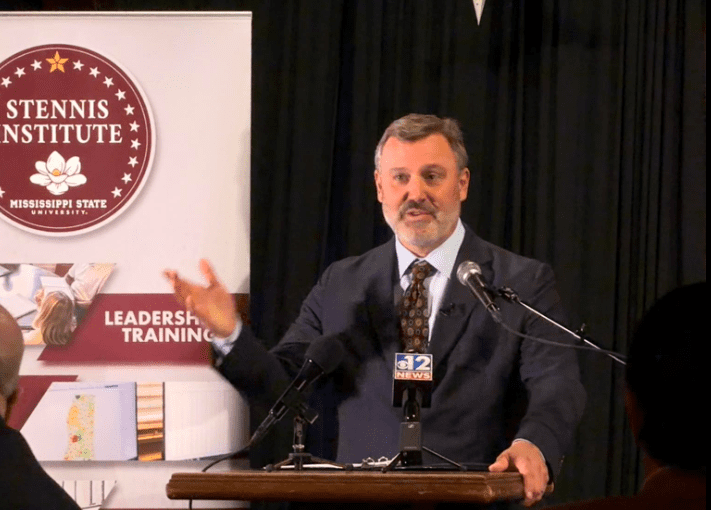
(Photo from Shutterstock)
- Attorneys General for Mississippi, Louisiana and Texas argued the federal legislation commandeered their states’ sovereign authority over tax policies.
The Fifth Circuit Court of Appeals has affirmed a permanent injunction against a tax mandate in the American Rescue Plan Act (ARPA), noting that it exceeds Congress authority in the Spending Clause and violates the anti-commandeering doctrine.
The judges stated that Congress can “dictate how states spend federal dollars so long as such directives are consistent with state sovereignty,” but the federal government “may not coerce the states into accepting federal grant programs by presenting offers that are, for practical purposes, impossible to refuse.”
The case – State of Texas v. Yellen – was brought to the Fifth Circuit after the federal government appealed a lower court decision that ruled in favor of the states of Mississippi, Louisiana and Texas over “Congress’s offer of ARPA funds in exchange for acceptance of Section 802(c)(2)(A),” a provision the court said was “unduly coercive and commandeers Plaintiffs.”
ARPA’s Section 802(c)(2)(A), as signed into law in March 2021, states:
A State or territory shall not use the funds provided under this section or transferred pursuant to section 803(c)(4) of this title to either directly or indirectly offset a reduction in the net tax
revenue of such State or territory resulting from a change in law, regulation, or administrative interpretation during the covered period that reduces any tax (by providing for a reduction in a rate, a rebate, a deduction, a credit, or otherwise) or delays the imposition of any tax or tax increase.
In other words, as noted in court documents, ARPA broadly prohibits states from using their ARPA funds to take any action that would reduce their net tax revenue or be subject to claw backs of the federal funds.
The U.S. Treasury Department interpreted the rule to prohibit states only from cutting tax revenue and then using ARPA funds to account for that revenue cut, rather than using “organic economic growth, increases in revenue from other sources, or spending cuts” that are unrelated to where the state is putting their federal funds.
The Fifth Circuit’s ruling outlines that the “States’ injuries are irreparable because Section 802(c)(2)(A) impacts their sovereign authority over tax policy.”
“Money damages are inadequate because the federal government is generally entitled to sovereign immunity against such lawsuits,” the decision states. “The balance of hardships favors the States, as losing sovereign authority is a far greater inconvenience than losing the ability to recoup ARPA funds.”
The judges go on to say, “In exercising its power under the Spending Clause, Congress has a constitutional obligation to cut a clear deal with the states when they accept federal funding. Because the challenged provision is not clear about what it requires of the states, it falls short of that obligation and is impermissibly ambiguous.”
Mississippi received nearly $2 billion in COVID relief funds.
Attorney General Lynn Fitch, along with the Attorneys General for Louisiana and Texas, filed suit in May 2021, arguing that the tax mandate in ARPA violates the Spending Clause of the U.S. Constitution, commandeers the States’ sovereign authority over their tax policies in violation of the Constitution’s Tenth Amendment, and is ambiguous and not reasonably related to encouraging post-pandemic economic recovery.
In 2022, Governor Tate Reeves signed the Mississippi Tax Freedom Act into law providing more than $500 million in tax relief – the largest tax cut in state history – by moving to a flat 4 percent income tax phased in over four years.
Following the Fifth Circuit’s ruling, Attorney General Fitch said in a statement that state lawmakers should decide tax policy, pushing back on federal overreach.

“It is the responsibility of our elected legislators to decide how and when to cut taxes, as well as how to best stimulate economic growth post-COVID-19,” said Fitch. “This thoughtful opinion ensures that decisions with substantial fiscal and economic implications for our State are made by Mississippi legislators with the needs of the Mississippi citizens they represent in mind. I am proud to stand with both Texas and Louisiana to protect our right to give money back to the people without federal interference or overreach.”
You can read the full Fifth Circuit ruling here.











